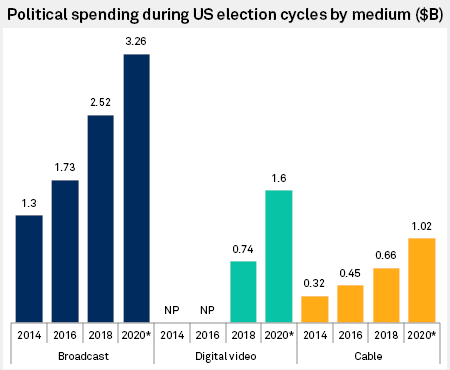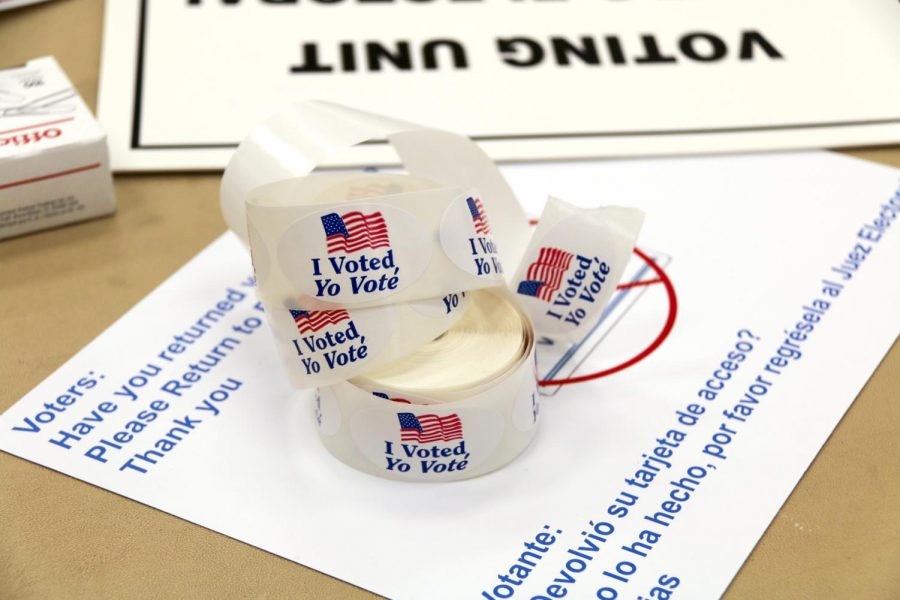Campaigning During COVID-19
The COVID-19 pandemic has brought the world to a standstill. However, the 2020 election campaigns continue—with a virtual spin.
Local campaigns have been forced to adapt to the ever-changing political landscape, adopting once-unconventional means of campaigning.
October 13, 2020
“Hello, I’m a volunteer for the Dave Cortese for State Senate campaign. Have you heard about Dave?”
Phrases such as this one have echoed throughout local districts as part of phone banking—an important engagement tool in a time when face-to-face campaigning is no longer possible.
The COVID-19 pandemic has brought the world to a standstill. However, the 2020 election campaigns continue—with a virtual spin. Although presidential campaigns have been considerably affected, local and state campaigns this year have felt the brunt of the impact of the pandemic, lacking the personal interaction with voters they would normally have.
No longer able to engage through door-to-door canvassing, campaigns have become reliant on contact-free methods such as phone or text banking. Some candidates have also found alternatives to canvassing by hosting “literature drops”: the distribution of campaign material at the houses of their constituents. Literature drops utilize new technology to allow volunteers to target houses based on voter registration and party affiliation through a convenient app on their phone.
A volunteer for Jake Tonkel’s campaign for San Jose City Council notes that literature drops do indeed bring benefits: “It’s faster, because we used to knock on doors and then… we’d visit and kinda talk about Jake and who he was… It wasn’t unusual to be at a door for a half hour.” Others are also utilizing the Zoom platform to emulate the team atmosphere present in offices. While campaign teams of those running for State Assembly, State Senate, city councils, and school boards have had to modify traditional methods in order to adapt to this unprecedented situation, some are excited about the digital avenues they can pursue.

Alex Maykowski, Campaign Manager for Dave Cortese, shares: “It’s kind of cool on one end—there’s no set playbook on how to run a campaign during a pandemic, so we get to write and follow our own playbook.”
Another impact of COVID-19 on campaigning is the increased use of online advertisements targeted at voters. Digital video spending in 2020 was predicted to reach $1.6 billion, but in light of the pandemic, actual figures may exceed this projected amount. Luckily, the environment to advertise online has only improved for local candidates, with advanced algorithms allowing candidates to closely target their ads.
With effective national leadership hard to come by, people are increasingly turning to their local representatives for truth and aid in this time of uncertainty. This makes the local elections especially instrumental to the community. In these confusing times, people are seeking guidance and a glimmer of hope towards a solution to this pandemic. Therefore, digital campaigns are critical this year. The current digital shift is likely to continue and accelerate with direct benefits such as reaching more demographics and thereby increasing voter participation.


